Almonds feasible for HB?
A $100,000 study is underway in Hawke's Bay to investigate the feasibility of a New Zealand almond industry.
Added 4 years ago
By Brenda Newth

A $100,000 study co-funded by MPI and industry is underway to investigate the feasibility of a New Zealand almond industry that could bring a high value crop and much needed diversification to Hawke’s Bay and Tairawhiti.
The project scope includes sustainable agronomic practices – in particular, optimised light utilisation for higher yields and quality, lower water and nutrient footprint and integrated pest management approaches for reduced use of synthetic crop protection compounds. With short cool winters and warm dry summers, the East Coast of New Zealand is the most likely conducive growing area.
Local co-funders – CHBDC, HBRC, HDC, WDC and Picot Productions (Pics Peanut Butter) are contributing a $33,000 in cash, with Plant Food and Research, CHBDC, local CHB almond grower Tony Kuklinski and Pic Productions also providing in-kind resources. MPI will contribute $67,000.
The project kicked off in February, and will conclude in August. It is seeking to provide evidence to support the development of a new almond sector on the East Coast that could provide, amongst other things:
- Economic information needed to invest in almond growing
- New land diversification opportunities
- Job creation opportunities: on-orchard and processing
Almonds are more drought tolerant than apples and stone fruit. Local orchardist and project collaborator Tony Kuklinski says despite Central Hawke’s Bay being in drought these past two years, he has “produced a good almond crop (from two cultivars) with no irrigation”. In addition, as an early flowering crop, almonds could become a valuable food source for pollinators.
If the feasibility of a sustainable almond industry in NZ is proven, it would pave the way towards developing water-efficient growing systems which would alleviate irrigation-demand pressures on waterbodies. Something that will be top of mind for those in charge of granting water rights.
The project has four key outputs:
- Consumer market research report – test the appetite for locally produced almonds over imported at a price premium;
- Land use suitability and environment report – comparing water, nutrients and potential environmental impacts of almond growing with existing land uses such as dairy;
- Economic analysis report – financial modelling of different scenarios around costs, returns and yields;
- Overall feasibility study/final report – shared with stakeholders and other communities of interest.
Depending on the results of study, it could pave the way for future opportunities and a phase two initiation.
Be the first to leave a comment.
Leave a comment
All comments are reviewed before they are published on the website. Your email address will not be published.
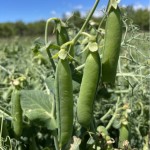
Carbon Positive Trial Update – February 2025
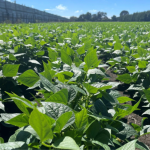
Carbon Positive Update
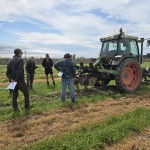
Community Engagement and Knowledge Sharing Strengthen the Carbon Positive Project
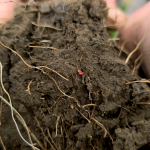
Are We Changing Soil Carbon Yet? Three Years In, the Jury’s Still Out

Farewell to Trustee Phil Schofield – A Foundational Leader of the HBFFCT
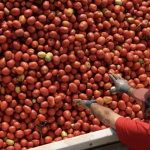

Join the conversation